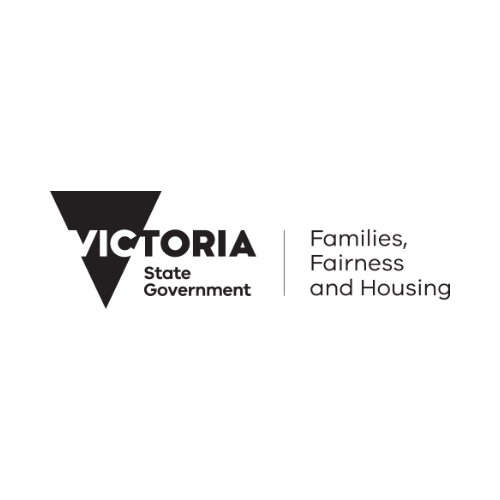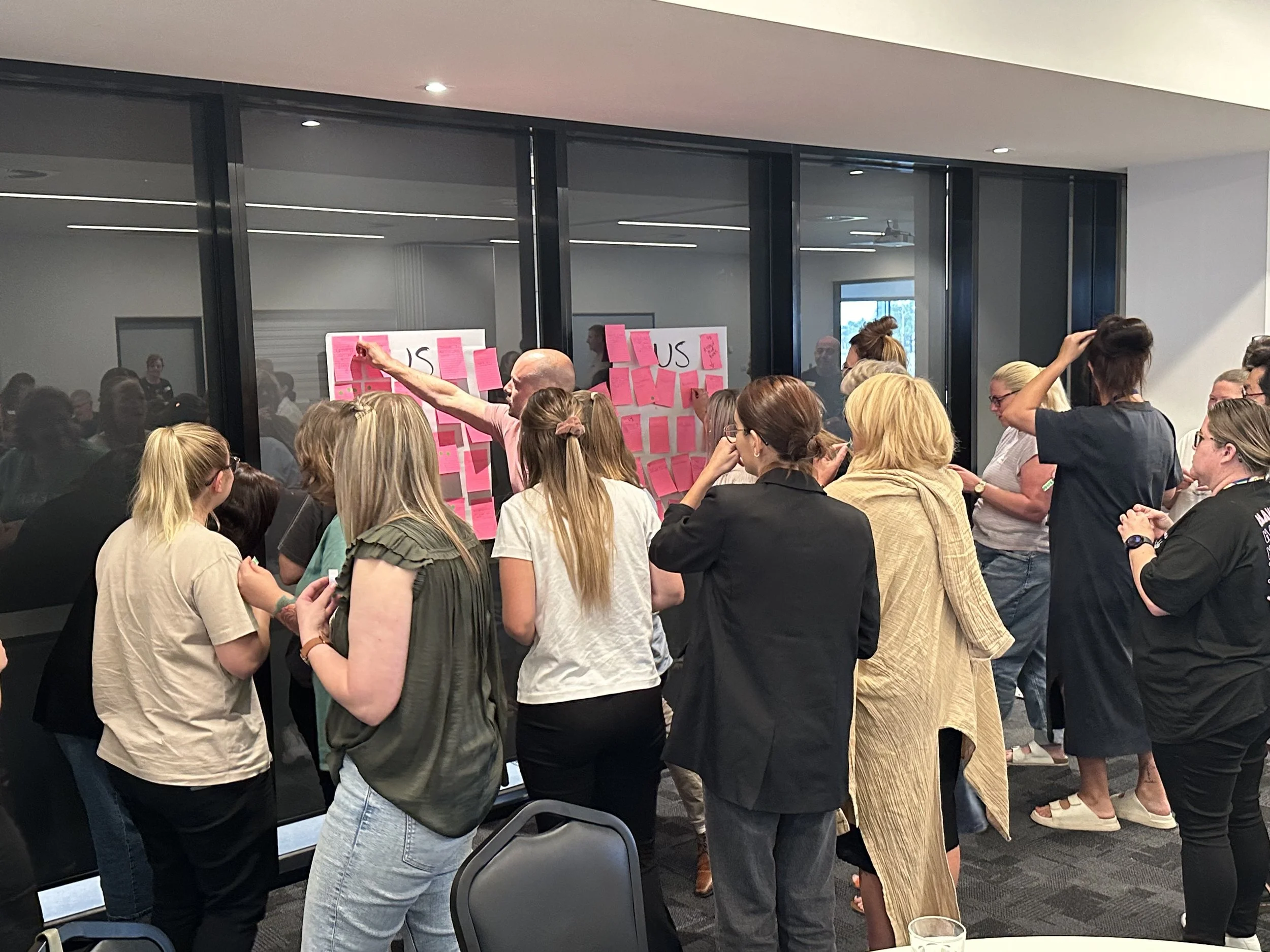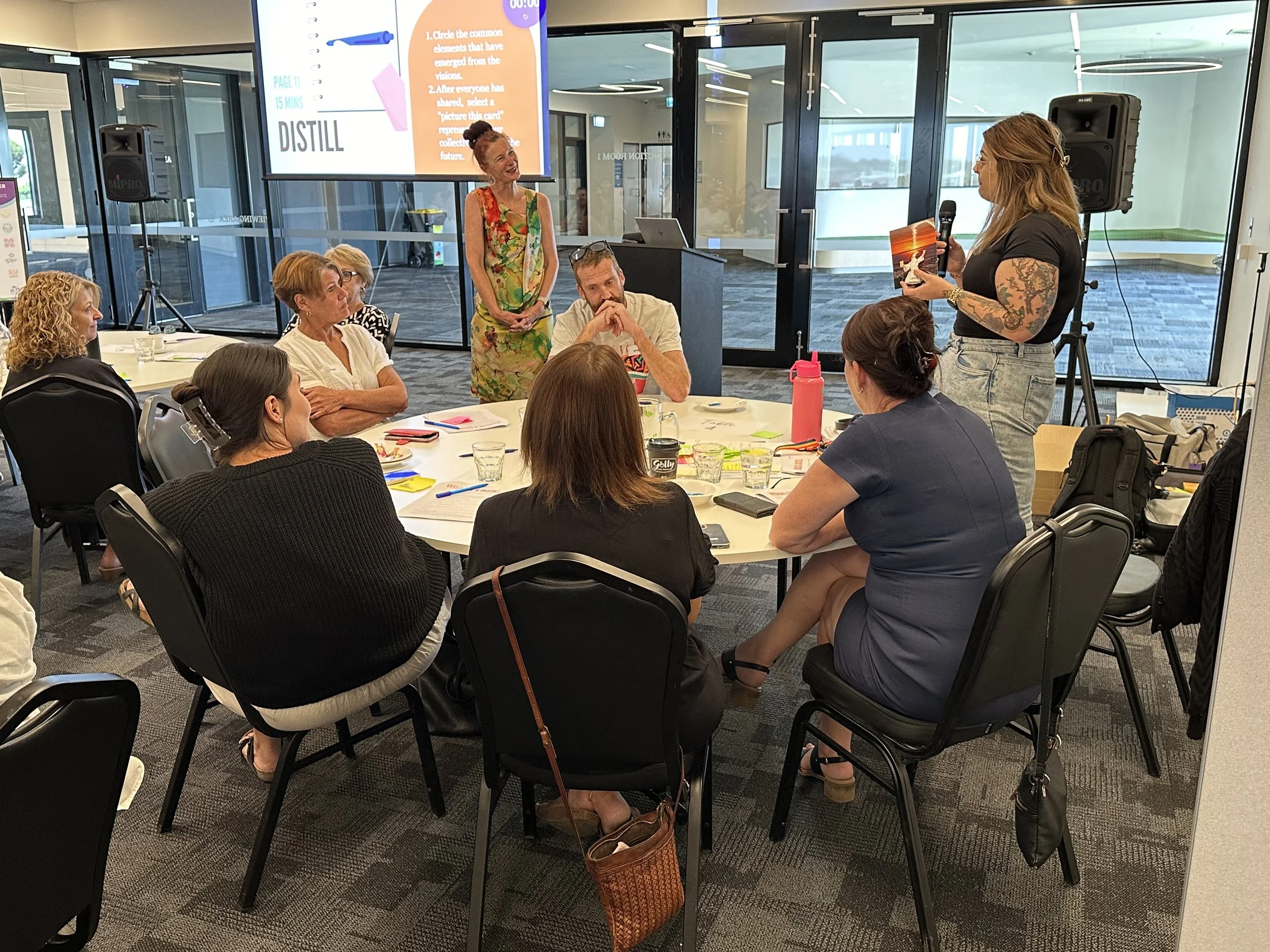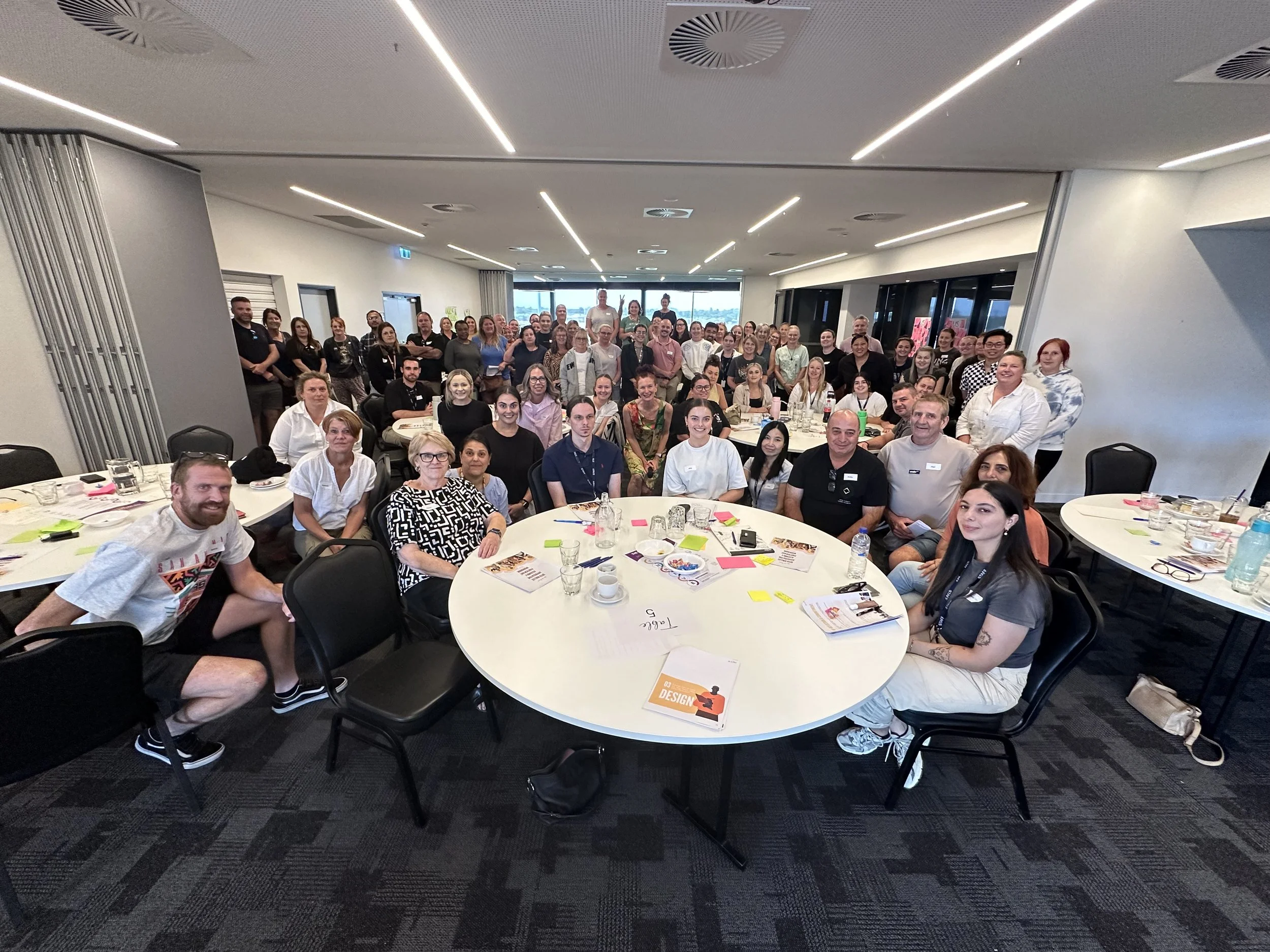CASE STUDY
SHIFTING CULTURE IN THE MALLEE
How the Department of Families, Fairness and Housing partnered with Thrive Ability to create lasting culture change
The Challenge
In Victoria’s Mallee region, Child Protection and Housing teams were under pressure. Staff burnout, psychological injuries, and low morale were persistent issues. People Matter Survey results reflected a struggling workforce, with high turnover and increasing reports of bullying.
There was no shared vision of what a thriving culture could look like — or the tools to get there. Wellbeing efforts were fragmented and reactive, often seen as “tick-the-box” exercises. Leaders lacked confidence to address wellbeing meaningfully and proactively.
Objectives
Improve staff morale and psychological safety
Introduce a common language and framework for wellbeing
Equip leaders with practical skills to support staff proactively
Shift from reactive culture management to prevention and empowerment
Build leadership capability and long-term ownership of workplace culture
The Solution
DFFH partnered with Thrive Ability to implement the evidence-based How to Thrive program, grounded in the BEACON framework: Belonging, Engagement, Accountability, Compassion, Optimism, and Nurture.
A two-phase training model was rolled out:
How to Thrive for Individuals – Staff across Swan Hill and Mildura participated in wellbeing education, self-reflection and practical tools for thriving. Word spread quickly, with some teams developing waitlists.
How to Thrive for Supporting Others – Leaders and staff built on their learning, developing the confidence and capability to support others. This phase empowered staff-led initiatives, fostered peer influence, and embedded wellbeing into everyday leadership.
Key initiatives included:
Co-creation of a Cultural Charter
Establishment of a Health, Wellbeing & Leadership Advisory Group
Appreciative Inquiry and World Café-style assemblies
Integration of wellbeing into supervision and team practice
The Impact
Stronger uptake and momentum – Word-of-mouth created demand and engagement
Leadership growth – Leaders adopted a proactive, human-centred lens
More meaningful conversations – Wellbeing became part of supervision and performance
Staff-led change – Cultural ownership shifted to individuals and teams
Results
“It brought more depth to supervision. Wellbeing isn’t separate anymore — it’s part of how we lead.”
“We actually had people asking to join — word of mouth created momentum.”
“We’re not just working from a deficit-based model anymore. That’s a game-changer.”
“This was more than training. It gave us tools and language we’re using every day.”
Conclusion
The partnership with Thrive Ability marked a turning point for the Mallee region. From fragmented efforts to shared ownership, and from crisis management to proactive leadership, DFFH is redefining what it means to thrive at work.
This is just the beginning of a broader cultural transformation. But already, staff are more engaged, leaders are more confident, and wellbeing is becoming part of the everyday fabric of the organisation.
Award winning wellbeing programs










